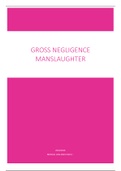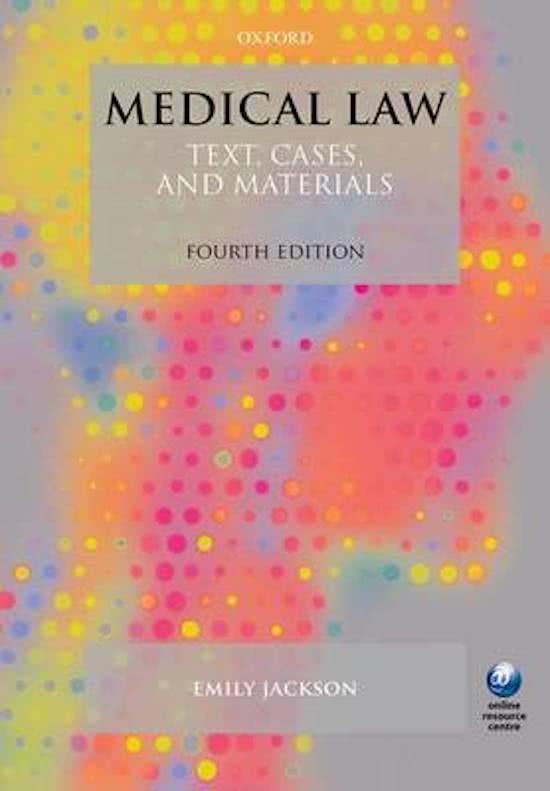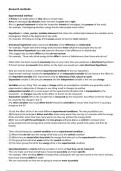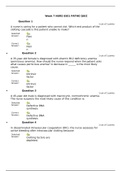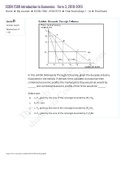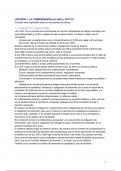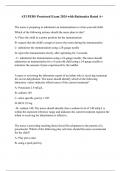Study guide
First Class Gross Negligence Manslaughter notes
- Course
- Institution
- Book
This 7-page document contains notes of a First Class standard covering the entire Gross Negligence Manslaughter topic, including the definition of medical manslaughter, breach amounting to 'gross' negligence, post-Adomako developments, and sentencing. All cases are summarised succinctly and there a...
[Show more]
